FIFA poised to crown Gianni Infantino for a second term
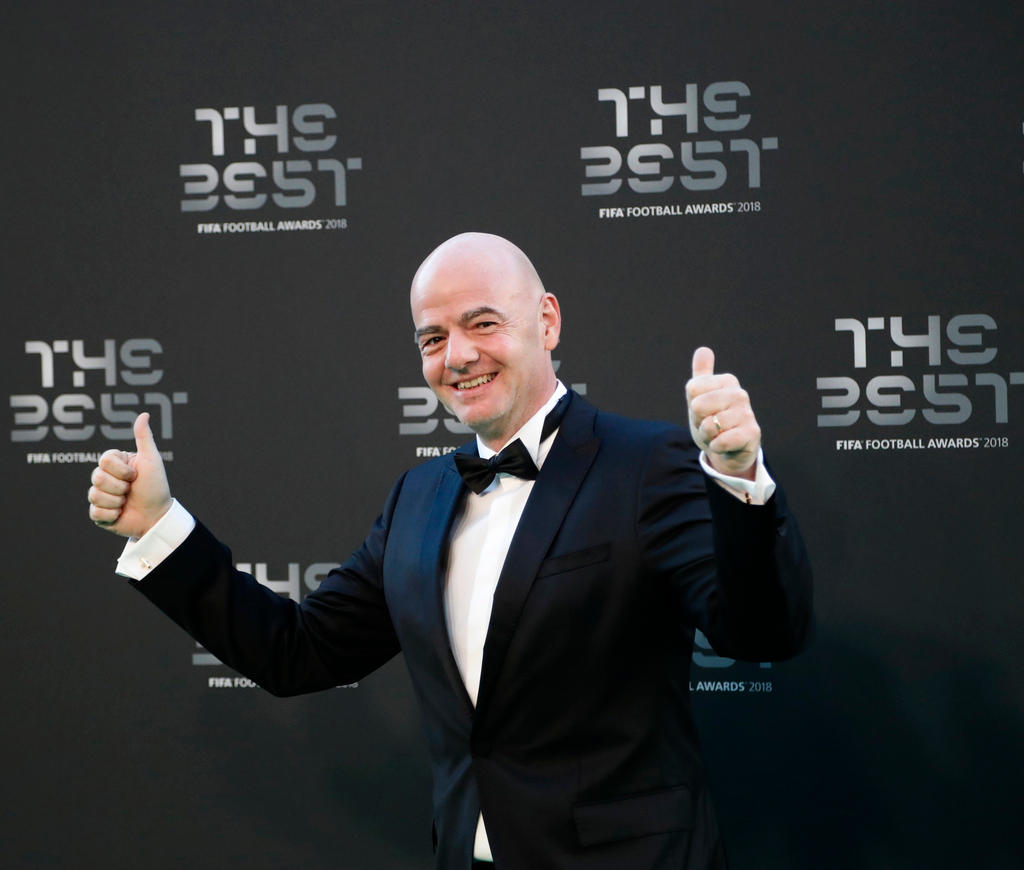
Gianni Infantino’s job, the most powerful in international football, is theoretically up for grabs. But an election to decide whether Infantino should continue to run the world’s most popular sport will probably prove more of a coronation.
Infantino faces no serious opposition in his bid for a new three-year term as president of FIFA, international football’s governing body. Days before candidacies must be finalised his sole likely rival – Ramon Vega, a former footballer – was struggling to win enough support to get on the ballot.

The FIFA presidency is one of the highest-profile jobs in global sport and commands a wage of more than $1.5 million (CHF1.5 million). Candidates need support from just five of FIFA’s 211 national member associations and must show they have been involved in the game for five years.
A person close to the organisation’s leadership said Infantino had secured 196 letters of support from national member associations. Vega was struggling to secure the five nominations needed to be included on the presidential ballot, according to that person, suggesting that Infantino could be elected without opposition.
Vega, a Swiss financier and former footballer whose career included stints at England’s Tottenham Hotspur and Scotland’s Celtic, hopes to harness discontent towards Infantino among some powerful groups in world football to mount a challenge.
He insisted he could still persuade enough associations to back him and challenged members to contest Infantino’s re-election.
“Are the members, those who are really unhappy, [those who are] complaining that FIFA is undemocratic and not transparent . . . will they take the opportunity to have a democratic election in June?” Vega asked.
Infantino has tightened his grip on the top job despite reservations about his tenure from important groups within the sport, particularly UEFA, European football’s governing body.
The FIFA president has held secret talks with a consortium of international investors led by Japanese group SoftBank. The group has pledged $25 billion to expand the Club World Cup, an annual competition between seven of the top teams, as well as create a league tournament for national sides.
The proposals have divided the sport. UEFA executives complained the moves would undermine Europe’s position as the pinnacle of club football. Top league competitions, such as the English Premier League, and some clubs are also opposed to the proposals.
FIFA did not respond to a request for comment.
Corruption scandal
Infantino was elected in 2016, replacing the disgraced Sepp Blatter, whose 18-year reign was marked by a corruption scandal that led to dozens of top FIFA officials being arrested on bribery charges or disciplined on ethical grounds. Blatter was banned from football activities for six years.
Infantino pledged to clean up the organisation, pushing through a reform package aimed at stamping out corruption.
“Look at where the organisation was when Infantino took over,” said a leading European football executive. “People were being arrested in hotel lobbies . . . Sure there’s a row with Europe over the Club World Cup, but . . . the organisation is in much better health.”
Football industry executives added that Infantino’s focus on spreading football’s wealth across the world had boosted his popularity.
The Swiss administrator has overseen an expansion of the World Cup from 32 teams to 48, while plans for the Club World Cup would sharply increase FIFA’s revenues, worth $5.65 billion over the four-year cycle to the 2018 World Cup.
More money could allow Infantino to fulfil one of his main 2016 election pledges to quadruple “development” funding to national associations. FIFA officials said the tournament proposals had no connection to the leadership election.
Candidates who wish to stand for the presidency must make their submissions by Tuesday, ahead of a vote to be held in Paris on June 5.
Copyright The Financial Times Limited 2019
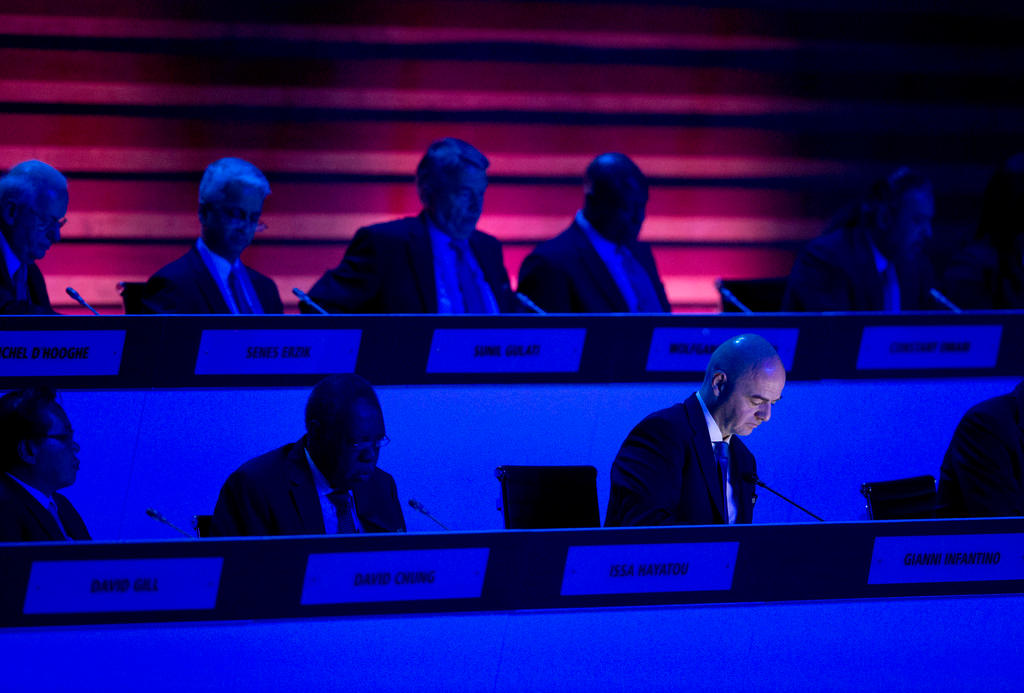
More
Infantino’s FIFA is a ‘return to the Blatter Middle Ages’

In compliance with the JTI standards
More: SWI swissinfo.ch certified by the Journalism Trust Initiative
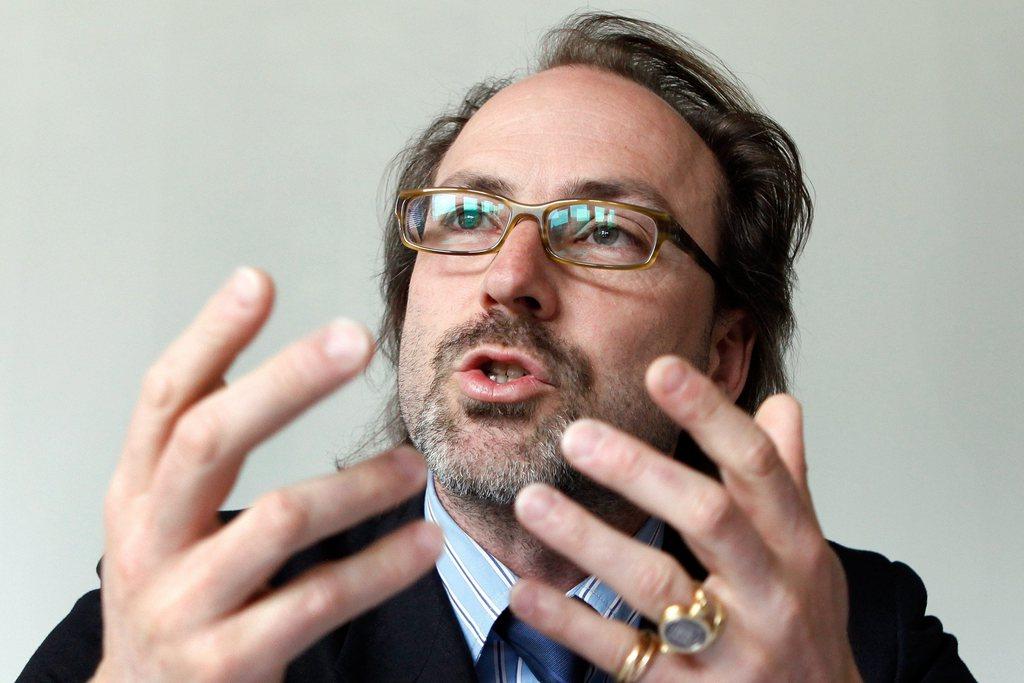
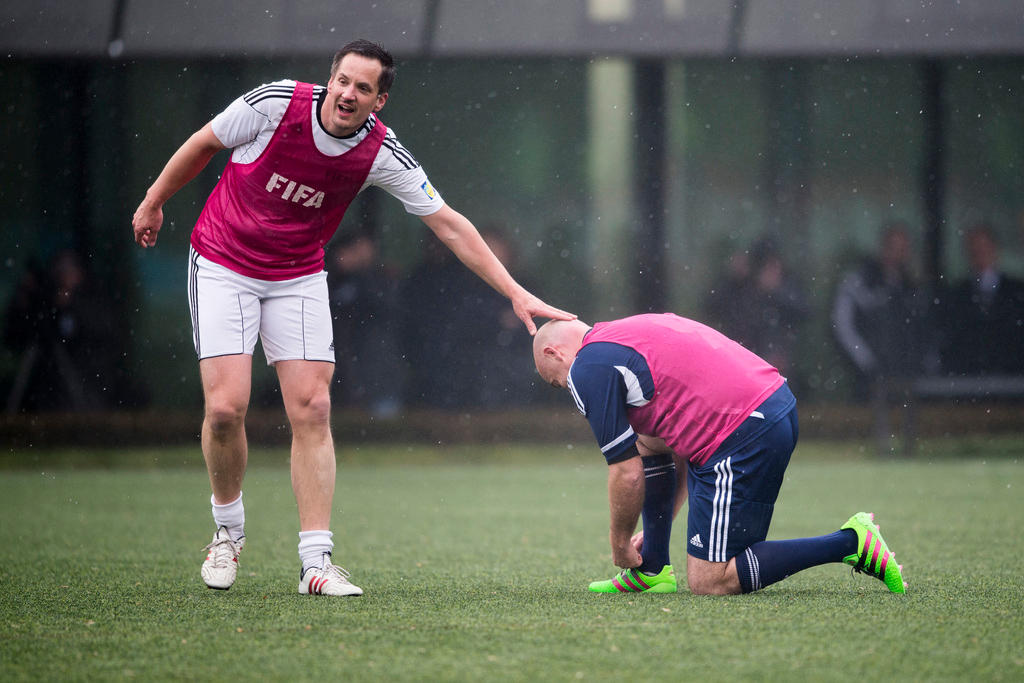
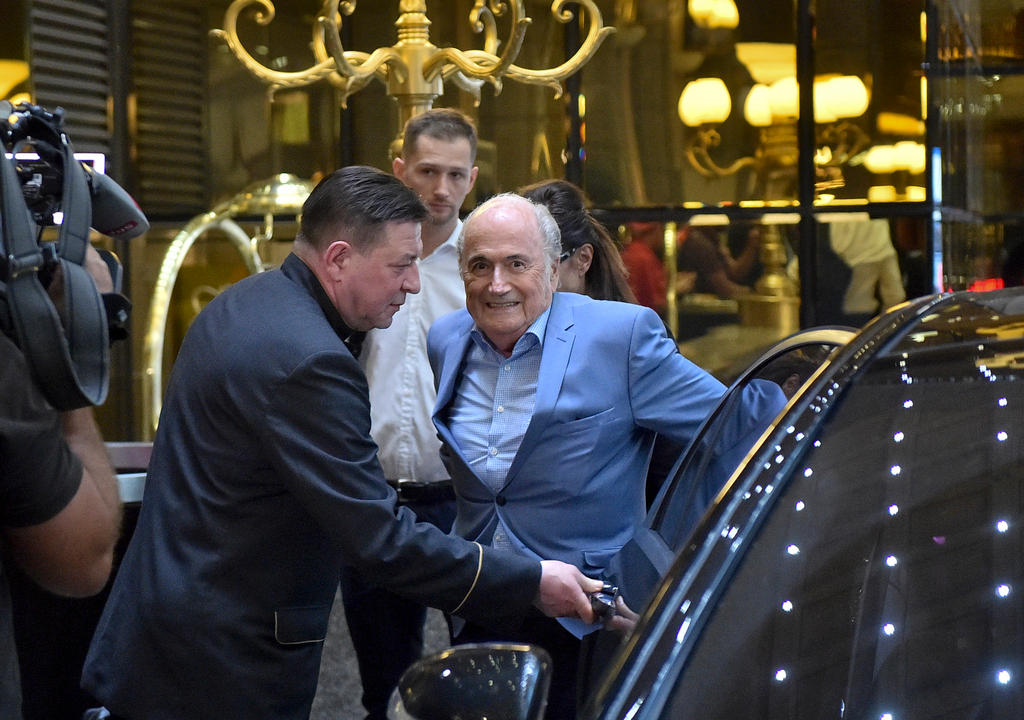
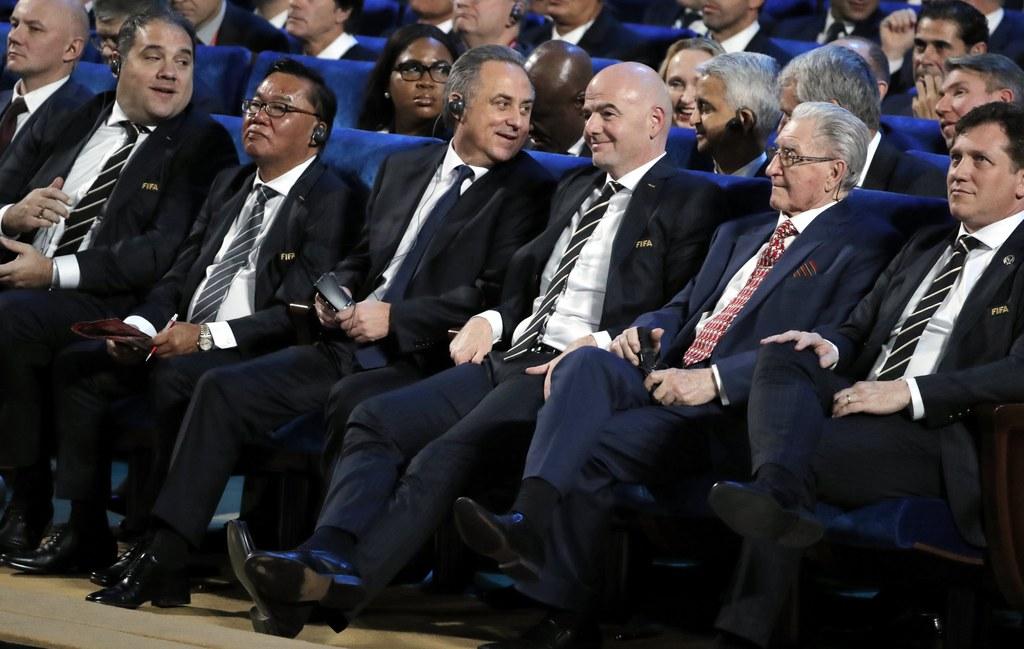
You can find an overview of ongoing debates with our journalists here. Please join us!
If you want to start a conversation about a topic raised in this article or want to report factual errors, email us at english@swissinfo.ch.